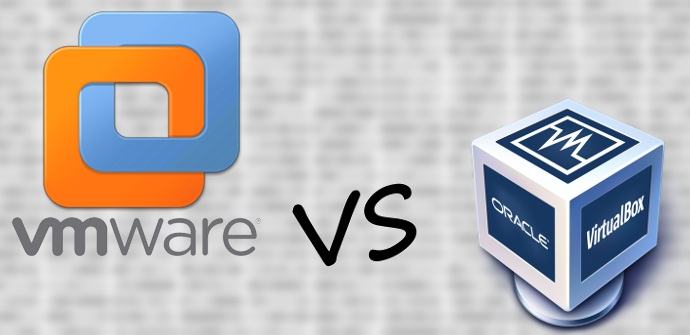Difference Between VirtualBox vs VMware – Detailed Comparision

Firstly, Oracle and VMware are leaders in providing virtualization solutions in the modern IT industry. Whereas, Oracle provides VirtualBox as a hypervisor for running virtual machines (VMs). While VMware provides multiple products for running VMs in different use cases. In fact, both platforms are fast, reliable, and include a wide array of interesting features. Below are the details about the difference between VirtualBox vs VMware.
Some of these features are available on both platforms. But there are also some features that are unique to each platform. If you want o know more about the difference between VirtualBox vs VMware, then read this full article. In this article, you will find details about the difference between VirtualBox vs VMware.
What is VirtualBox?
A VirtualBox refers to a software virtualization package. That is capable of installing virtual operating systems in the form of applications. VirtualBox permits the installation of more than one operating system. Whereas, in the form of Guest OS, to run in any given virtual environment.
- The operating systems supported by VirtualBox encompass Windows XP, macOS X, Windows Vista, Windows 7, OpenSolaris, Linux, Solaris, etc.
- VirtualBox works as an x86 and AMD64/Intel64 data virtualization product. It is useful for enterprise and home use alike.
- VirtualBox is a feature-rich, robust, high-performance. The product that is oft-purchased by enterprise customers.
- The professional solution is freely available in the form of an Open Source Software.
- It is running with the linux operating system, Macintosh, Windows, Solaris, etc. It hosts as well as supports multiple guest operating systems. These OS include Windows (NT 4.0, Vista, 2000, XP, Server 2003, Windows 8, Windows 7, etc).
What is VMware?
First of all, VMware is a cloud computing and virtualization software, provider. The virtualization technologies of VMware are based on the bare-metal, hypervisor in x86 architecture (ESX/ESXi).
A hypervisor is placed on the physical server with the help of VMware server virtualization. This paves the path for multiple virtual machines (VMs) to operate on any given physical server. Whereas, each VM is capable of running on its own operating system (OS). This effectively means that more than one operating system. In fact, it is capable of running on a singular physical server.
- The VMware products comprise of virtualization, software-centric data center software. Also, storage software, security management tools, networking management tools, etc.
- VMware vSphere is the package for virtualization products attributed to VMware. It encompasses vCenter Server, vMotion, ESXi, vSphere Client, etc. vSphere 6.5, a recent version of VMware vSphere comprises of three editions. Standard, Enterprise Plus and Enterprise.
- VMware’s vRealize Network Insight allows admins to plan out micro-segmentation and take care of the proper functioning of VMware NSX.
Difference Between VirtualBox vs VMware
VirtualBox
- Overview: VirtualBox is attributed to Oracle and is its tool for, host-based virtualization. It competes with VMware’s Workstation.
- Functionality: The extension pack of VirtualBox provides Remote Desktop Protocol (RDP), USB functionality, Preboot Execution Environment (PXE), etc. This version is free for personal /educational use.
- Usage: It is from Oracle and offers useful Virtualization functionality. Typically used with development toolchains of the likes of “Vagrant”, it is a reliable development tool.
VMware
- Overview: VMware refers to an ecosystem of tools and applications that are linked together.
- Functionality: It is also useful for managing mobile devices in corporate networks. Users can protect endpoints as well as virtualize stuff with the help of Vmware.
- Usage: VMware develops Cloud Management Platforms along with Virtualization software.
Comments are closed.